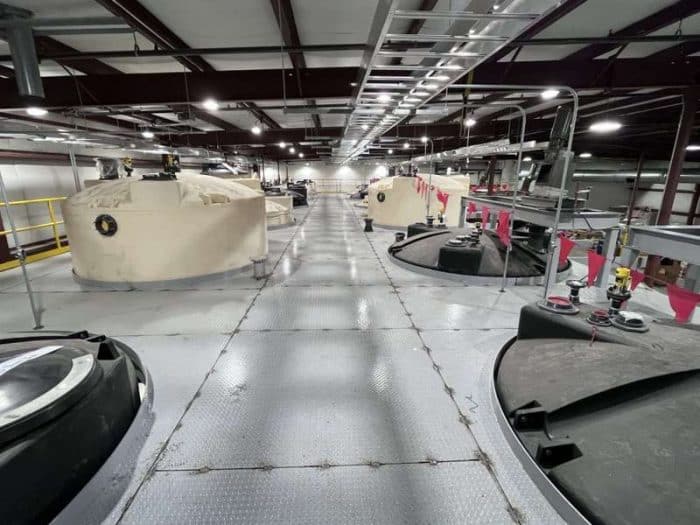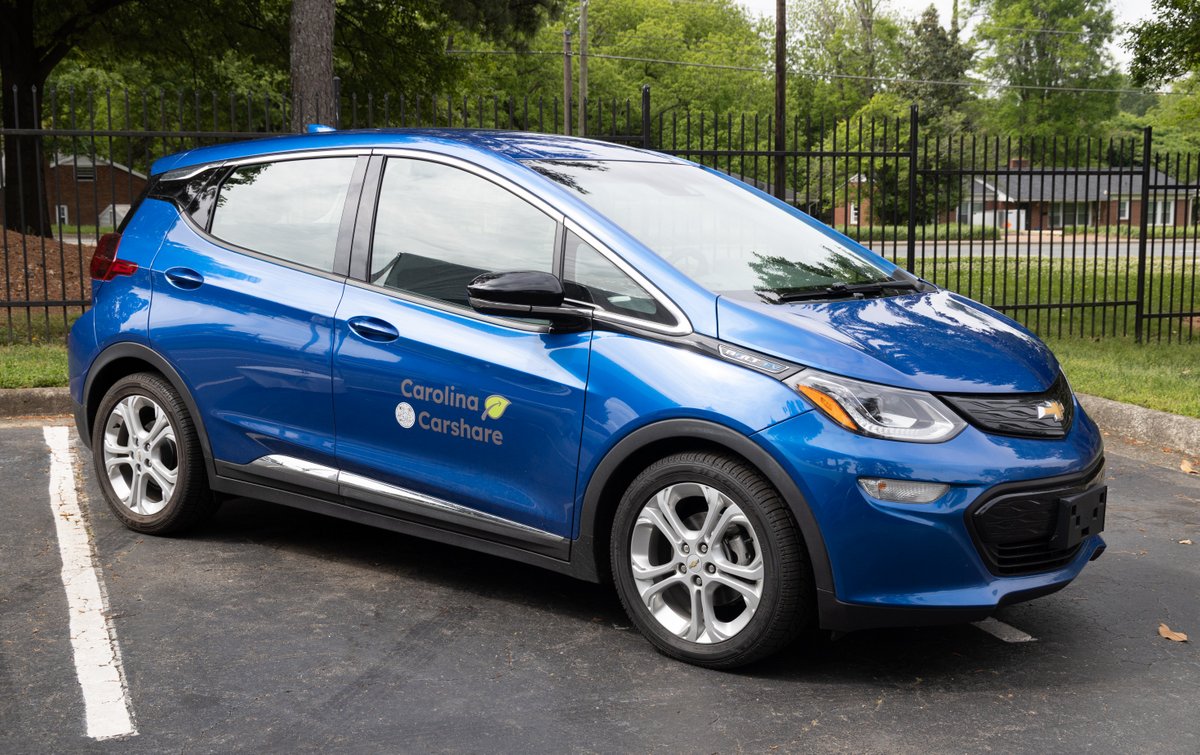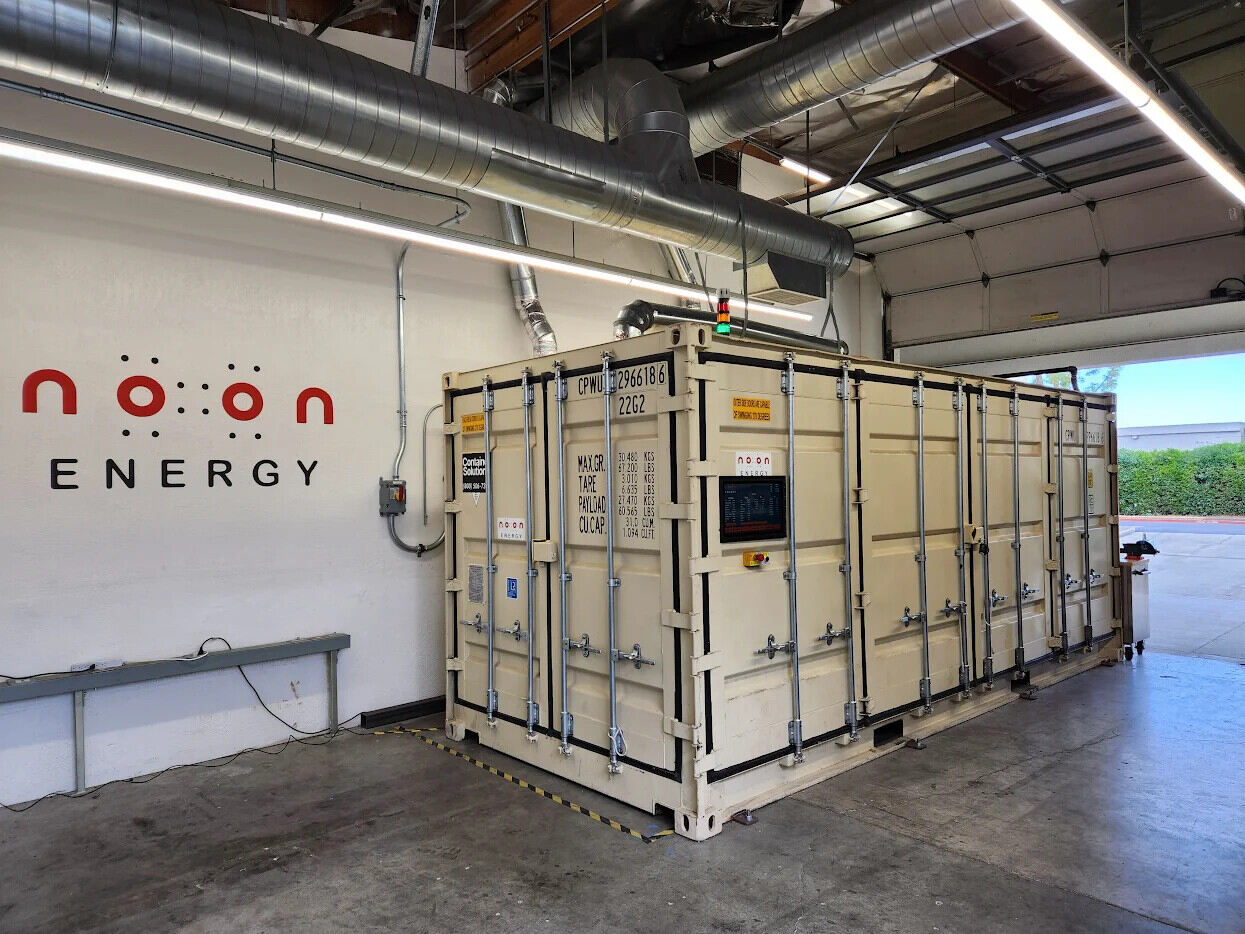Nickel and cobalt refining now live in Ohio via Nth Cycle

Critical metal refining company Nth Cycle made history as the first company in the United States to produce premium nickel cobalt mixed hydroxide precipitate (MHP) from recyclable industrial waste. This could be a big deal for the solar + storage space because certain lithium ion batteries rely on nickel manganese cobalt (NMC) chemistry.
The Department of Energy has identified refining as the most urgent gap in the lithium-ion battery supply chain, and legislation has been passed and introduced to address the threat it poses to the country’s economy and national security. Until now, the United States hasn’t had the refining capability to separate and extract critical metals for end-use — 85% of the country’s critical metal refining is done in China.
The Nth Cycle Oyster system converts recyclable industrial waste and mined ore into the full spectrum of critical metals, and it is notable for a few reasons beyond the domestic production of critical materials.
For one, the system is nimble. Nth Cycle’s Oyster can co-locate with recyclers, manufacturers, and miners on-site. Nth Cycle installed and operationalized its Oyster system in less than 12 months at an existing 20K square foot facility in Ohio to process black-mass and other nickel scrap.
The co-location eliminates years of permitting and the billions of dollars needed to build a stand-alone refining plant, not to mention the drastic reduction in transportation, time-to-market, cost, emissions and waste.
Secondly, electro-extraction technology uses electricity, not fossil fuels. The Oyster reduces greenhouse gas emissions by >90% compared to traditional mining methods.
“In less than 12 months, we’ve installed and operationalized our state-of-the-art Oyster system, creating the first commercial domestic source of high-quality nickel and cobalt MHP from scrap,” said Megan O’Connor, co-founder and CEO of Nth Cycle. “This system not only helps to end decades of U.S. reliance on foreign supply chains, but also sets a new standard for modular, sustainable, high-purity critical metals production.”
Nth Cycle could help manufacturers meet the Inflation Reduction Act’s strict domestic sourcing requirements for electric vehicles. Nth Cycle was awarded a $7.2m 48C tax credit for the Ohio facility under its Advanced Energy Project Tax Credit program.
In Ohio, the one unit installed can process up to 3,100 tonnes of scrap materials to produce up to 900 tonnes of MHP per year (equivalent to upwards of 22 million cell phone batteries), and allows partners – including recyclers, OEMs, and Fortune 500 automotive, consumer, and electronics giants – to validate its effectiveness in advance of co-location.





Comments are closed here.